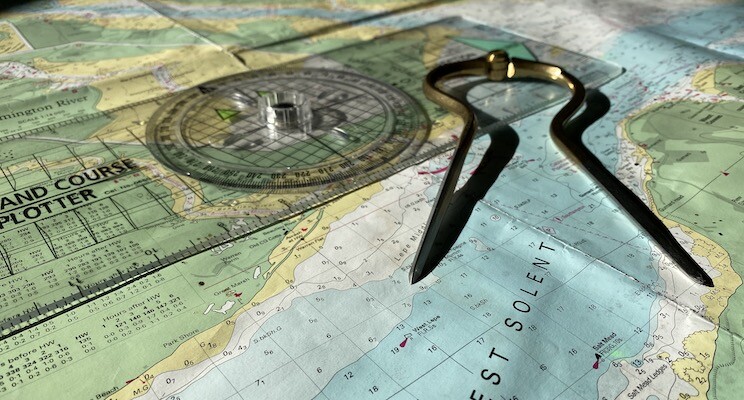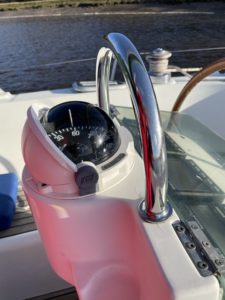This week, a startling Oracle report on Executives’ mental health plus feedback from the MSc students I was teaching at Henley Business School, has highlighted three important questions.
1. Who is supporting Leadership and Executives in these intensely stressful times?
2. Who is equipping these good people in the organisational skills of navigation?
3. How are we all providing safe spaces for under pressure leaders, to think and feel and recover?
This week we completed a module on the Henley Business School Executive Programme for Digital Entrepreneurs. This is a Masters Programme for Industry and Organisational pioneers.
Thanks therefore to Prof Norbert Morawetz for inviting us in to explore the theme of ‘Leadership and Navigation’. A great bunch of students brought our recently published material alive, with great questions and insights.
We presented on Navigational Principles, the systemic Process and factors that Predispose towards success and failure.. The feedback has been encouraging
Who is Supporting Executives?
What was an interesting ‘take’ from the students were the current challenges facing both them and their own senior leaders. Some of the businesses are doing well exploiting fluid market opportunities. Many though were struggling and they were seeing their Executive being increasingly stressed and pulling back into themselves and away from people.
A recent study titled ‘Anguish in the Remote C-Suite’ quoting some research by Oracle says that 53% of Executives have and are, struggling with mental health Issues, 39% of top Executives have had difficulties collaborating with teams and 29% said they are having trouble learning new technologies. Many of our MSc course leaders said they saw their Executives visibly impacted by the pressure but didn’t know how to help. They were concerned for them and concerned too for the business that required leaders to be ‘fully present’.
How are Leaders Equipped to Navigate these Challenging Waters?
From our own polls and studies we have found that very few leaders have been shown how to use the principles and practices of navigation. This is despite the World Economic Forum saying that these challenging conditions require leaders to be able to ‘navigate the unfamiliar and uncharted’. As a former commercial ships Captain, I would add that leaders need first of all, to be able to ‘navigate’… before going off chart.
Our Henley cohort said that 65% of them had no previous exposure to the navigational terminology and concepts that make up much of our business language.
So despite the navigators core skill of being able to… collect information from multiple sources, systemically make sense of it and its impact… and then extrapolate over various time lines the predictive options… affording framed choices for a variety of prevailing conditions… they still commented that;
- To DX specialists, everything looked liked like a DX problem.
- To Finance Execs it was simply… and just about… the economics.
- To OD specialists the world was perceived through OD eyes
- To the Process Mappers and Analysts… well the answer was in the charts.
So they asked…
‘who in our organisation is seeing the whole… rather than the parts?’
‘Where is the integration taking place?’
Very few development programmes use navigational understanding to bring to life common language used habitually by organisational leaders. All credit therefore to Henley for including this session on the Masters curriculum!
Safe Places
From the report there is a fascinating statistic. 68% of our employees would prefer talking to robots over their managers about stress and anxiety at work. I have so many questions…! But the one raised by our group at Henley was simply ‘where do our Execs go for their ‘safe space’ to download and share?’
They said that they saw their own senior leaders increasingly emotional and sometimes increasingly distant… They felt for them and wanted to help… but just didn’t know how to. As this came up several times it would be interesting to explore this further.
For us the good news is that there is much good will in organisations to want to help and there are many practical offerings available.
We would also love to hear of your experiences and insights as we know that it is by working together that we can best tackle these substantive challenges.



